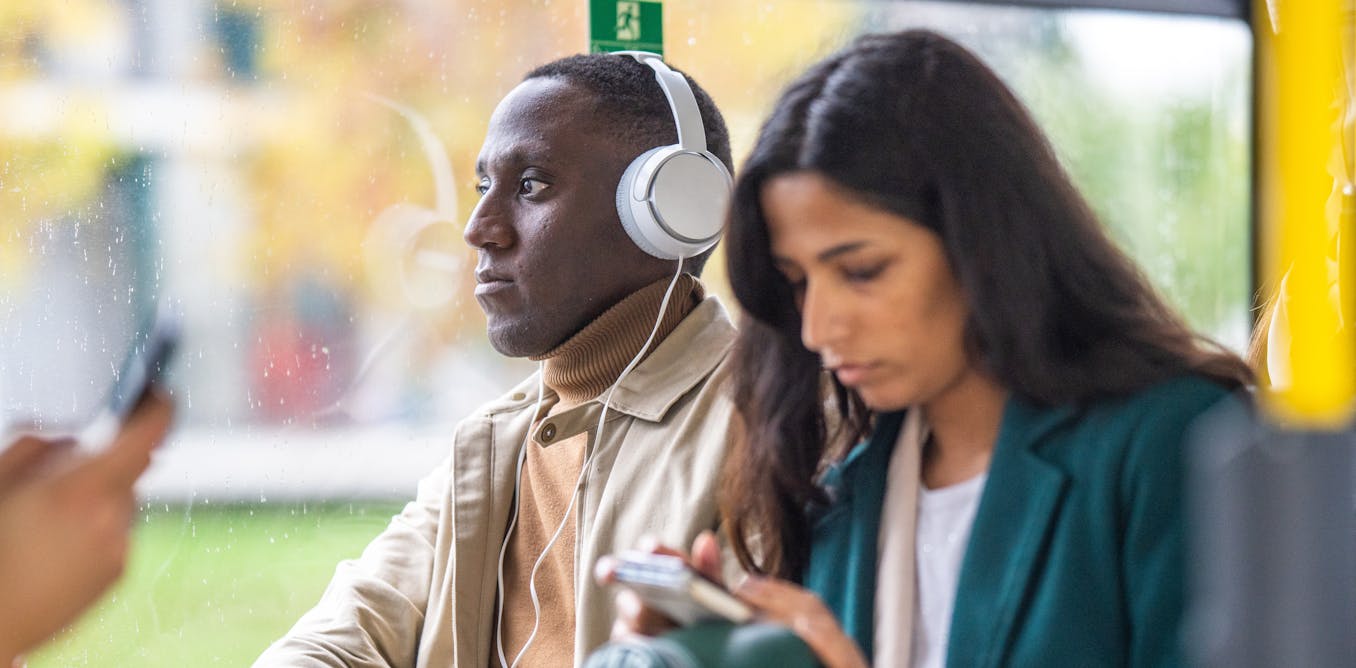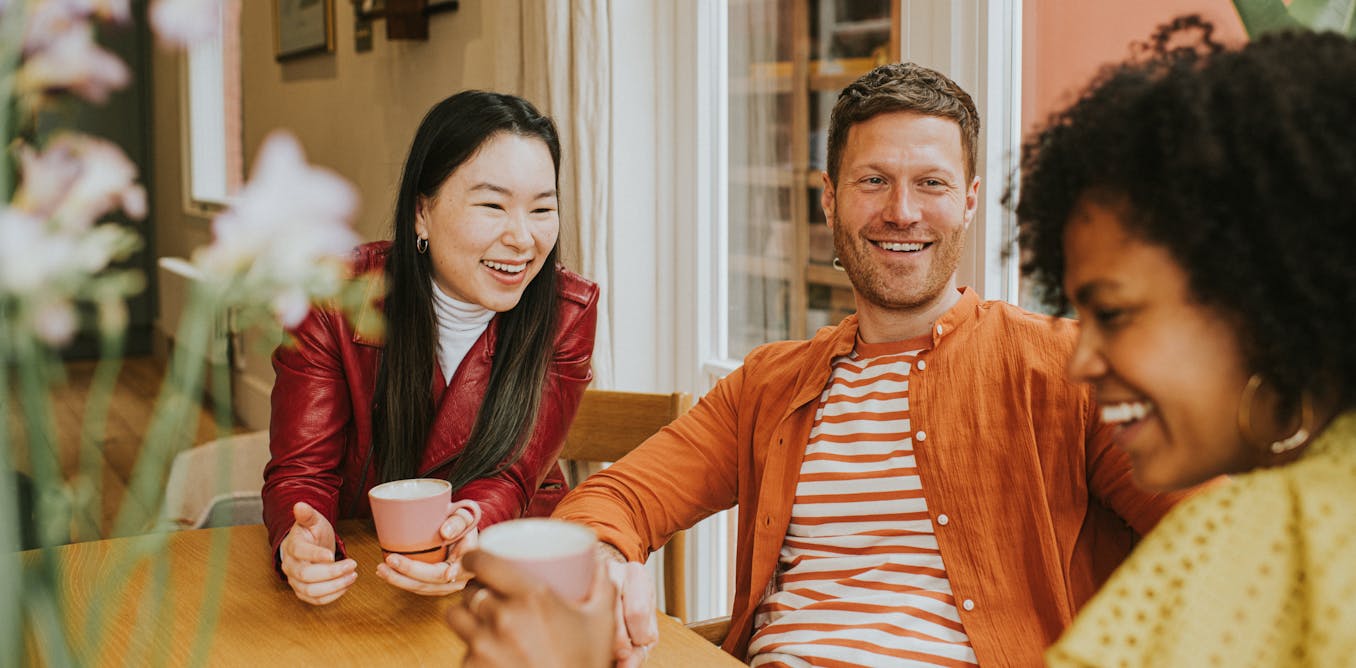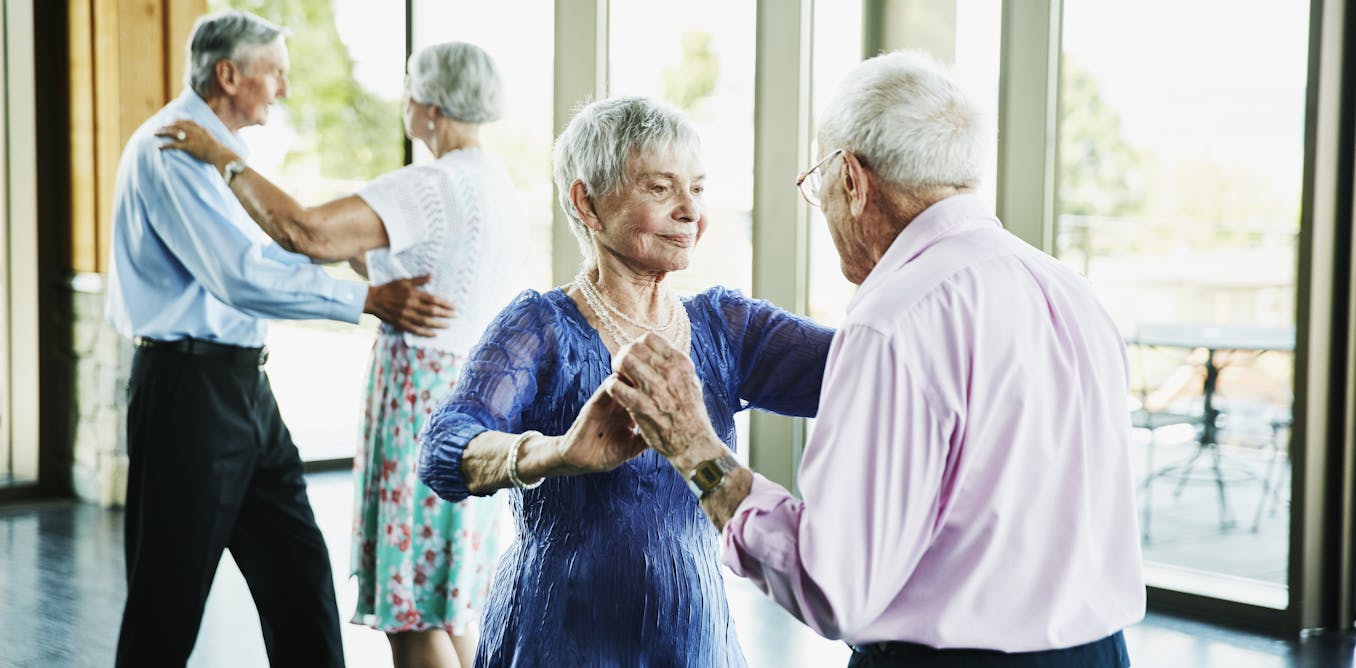Making eye contact and small talk with strangers is more than just being polite − the social benefits of psychological generosity
A social psychologist recommends ways to connect with others as you move through public spaces – with benefits for your own well-being as well as for the social fabric of your community.
May 21, 2025 • ~9 min










